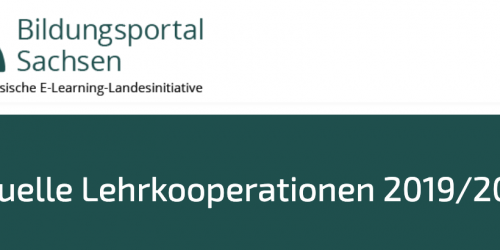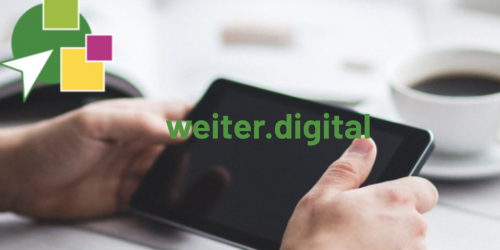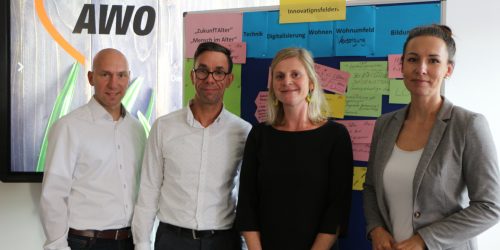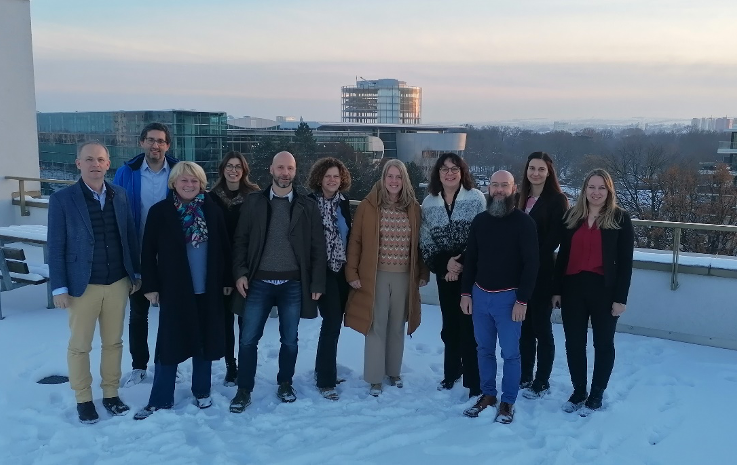Learning outcome-oriented documentation of further training in the blockchain
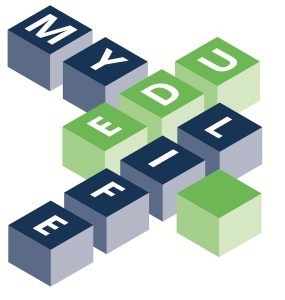 The current challenges of digitization, globalization and individualization are leading to an ever faster change in job profiles and growing pressure on the lifelong development of professional skills. The importance of standardized documentation of lifelong learning biographies is increasing. Against the background of increasing micro-qualifications and constantly changing requirements, it is therefore difficult on the one hand for learners to permanently collect the wealth of analogue and digital certificates in a suitable form and to make them available in application processes or for internal company documentation. On the other hand, there is the question of the verifiability and recognition of partial achievements. This is where the MyEduLife project comes in and, together with research and development partners and partners from the education sector, is trying to create a versatile solution.
The current challenges of digitization, globalization and individualization are leading to an ever faster change in job profiles and growing pressure on the lifelong development of professional skills. The importance of standardized documentation of lifelong learning biographies is increasing. Against the background of increasing micro-qualifications and constantly changing requirements, it is therefore difficult on the one hand for learners to permanently collect the wealth of analogue and digital certificates in a suitable form and to make them available in application processes or for internal company documentation. On the other hand, there is the question of the verifiability and recognition of partial achievements. This is where the MyEduLife project comes in and, together with research and development partners and partners from the education sector, is trying to create a versatile solution.
MyEduLife is now intended to create a transparent, comparable, verified and networked opportunity to document professional training activities in accordance with data protection and ethical requirements. With a view to comparability, (partial) qualifications are described using standards such as the European Quality Framework (EQF), the German Quality Framework (DQR) or the European Classification of Skills, Competences, Qualifications and Occupations (ESCO), thus creating the necessary transparency.
Learning biographies are documented in an application (wallet) that ensures traceability and authenticity through a distributed system (blockchain technology). This application should, among other things, make it possible to release one's own qualifications to future employers. In addition, learners can opt-in to release their data on continuing education activities in an anonymized form for continuing education research. The following video provides a very good overview of the MyEduLife project:
Current research approaches aim to use the advantages of blockchain technology and overcome its disadvantages. Two groups of properties are diametrically opposed. The first group contains the properties that we expect from blockchain technology. These include decentralization, immutability and transparency. On the other hand, the second group contains the properties of high data throughput and low power consumption. A reflection of these properties on existing technical implementations would attest to a single database (e.g. Postgres DB) having a very high data throughput and a relatively low power consumption, but also a very low degree of decentralization, immutability and transparency. In contrast, the Bitcoin blockchain, which has a very high degree of the latter properties, but a very low data throughput and a relatively high power consumption. Attempts are currently being made to tackle this problem in two ways. Firstly, on the blockchain technology itself, for example by using different Proceedings of consensus building (Proof-of-Stake, Proof-of-Work, etc.) and, on the other hand, the use of Sidechains or multi-layer solutions. The latter approach adds a second layer over the actual blockchain implementation and connects it to the underlying base layer. This so-called second-layer solution no longer has to process every single transaction via the underlying blockchain implementation and can therefore achieve significant speed advantages, among other things. One example is the Decentralized Identifier (DID) network ION based on the Sidetree protocol. This makes it possible to implement a decentralized public key infrastructure solution (DPKI).
The MyEduLife project aims to document professional development activities and examines various technical approaches for their practical usability with a particular focus on data protection & data security, costs and sustainability. We strive to use existing solutions, such as those of our project partners at the TH Lübeck and RWTH Aachen from the “IMPactDigital” and “Digital Campus” projects (see announcement) and link it with other research approaches such as sidechains or second-layer solutions.
Contact and further information
For more information about the MyEduLife project, see https://forschungsinfo.tu-dresden.de/detail/forschungsprojekt/18816 as well as on the website of the project.
Authors: Björn Adelberg, Jana Riedel

